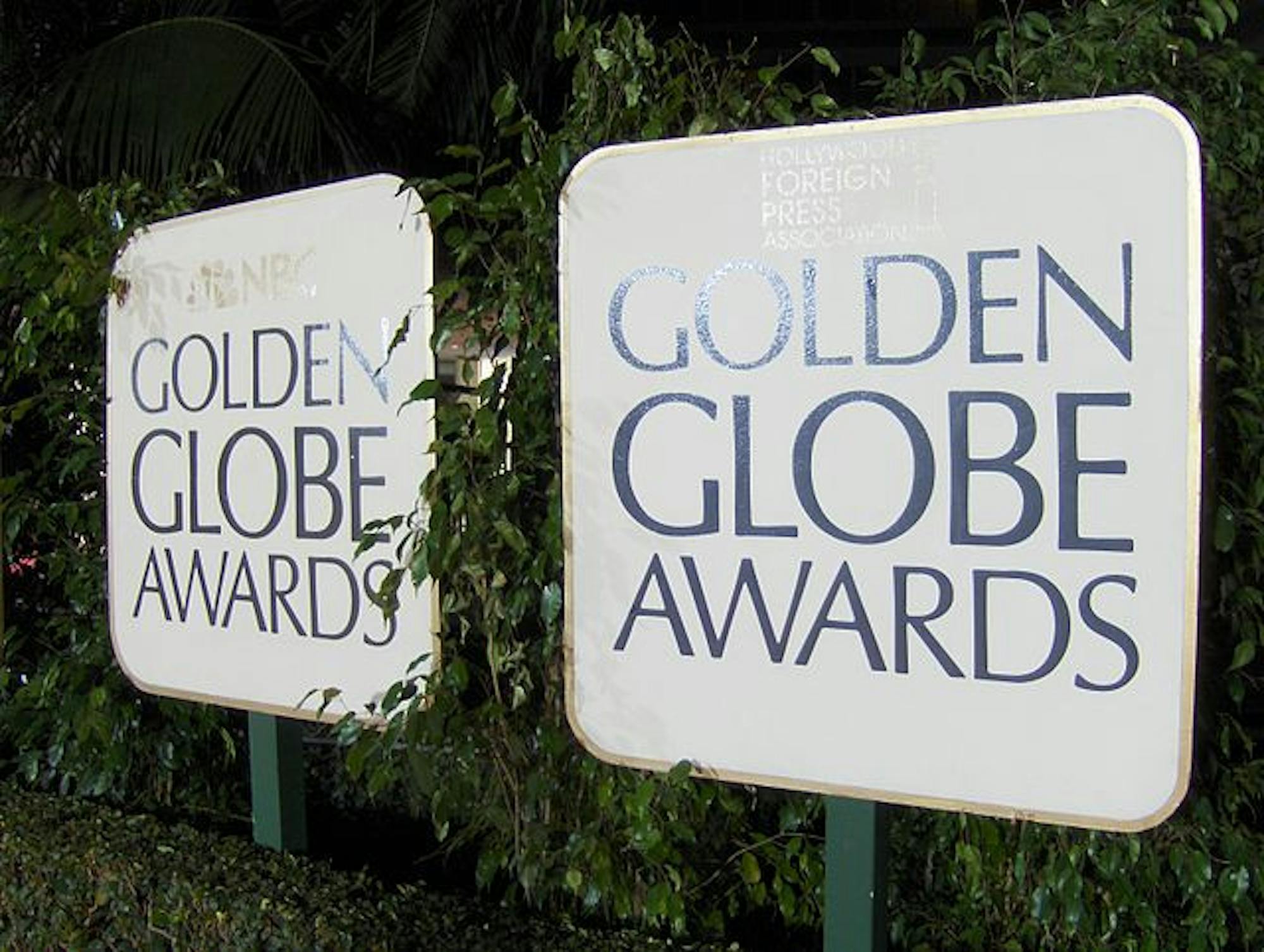The onset of the new year heralds the coming of awards season, which typically kicks off with the annual Golden Globe Awards. Aside from bets and predictions about winners and nominees, the most anticipated aspect of these awards is perhaps the opening monologue. From Ricky Gervais’ acerbic, brutal roasts to Tina Fey and Amy Poehler’s side splitting chemistry to Seth Meyers’ dry wit, each year has provided the internet with endless meme fodder and some hard-hitting truths. Jo Koy’s introduction at the 81st Golden Globes also followed this trend, albeit not in the way one would think.
Koy’s monologue began with some repetitive jokes — the length of “Oppenheimer” (2023), Meryl Streep’s winning streak — which were followed by awkward laughter. Then it got weird. Between vague comments that would’ve been received better in a middle school classroom, weak applause and Koy doubling down with exclamations such as “You want a perfect monologue? Yo, shut up!” and “Like I said, I didn’t write all of these,” the internet had quite the field day in the aftermath of what the Guardian dubbed “a bad gig for the ages.”
Much of the criticism surrounding Koy’s monologue has focused on his comments on Greta Gerwig’s “Barbie” (2023), with many netizens arguing that his tasteless jokes only served to prove the essential point of the movie. When comparing “Barbie” alongside fellow blockbuster “Oppenheimer,” Koy described it as based on “a plastic doll with big boobies,” as opposed to its counterpart, which is derived from the Pulitzer Prize-winning “American Prometheus.” He continued with “The key moment in Barbie is when she goes from perfect to bad breath, cellulite and flat feet. Or what casting directors call ‘character actor,’” which drew tepid laughter from the crowd.
His heated claims that some of the jokes he wrote were well received were not helped by the camera’s continuous cutting to unamused celebrities, ranging from a stone-faced Taylor Swift to a resigned Gerwig to a cringing Martin Scorsese. As per Vanity Fair writer David Canfield, the ground situation was just like it seemed on the screen. “If you’re wondering if that played as bad in the room as it (probably) did on TV, the answer is yes,” he reported. “I mostly saw eyes darting around tables in confusion, wondering if they were supposed to be laughing.”
The Golden Globes is no stranger to controversy, given frequent host Ricky Gervais’ tendency to leave the audience caught between nervous laughter and grimacing. Yet, the almost brutal truths that netizens believe Gervais is willing to tell have allowed him to find widespread acceptance on social media, through memes, compilations and reels. Popular favorites from his 2020 monologue include his call-out of Leonardo DiCaprio’s dating standards, his hilarious quips about the disastrous “Cats” (2019) and his comparison of “Bird Box” (2018) to being employed by Harvey Weinstein.
Similarly, Tina Fey and Amy Poehler have left both their Golden Globes and internet audiences in stitches during their hosting stints. They too have provided us with hilarious moments, such as Fey’s legendary “Gravity” (2013) joke (“It’s the story of how George Clooney would rather float away into space and die than spend one more minute with a woman his own age”), Poehler’s deadpan “Into the Woods” (2014) comment (“Sleeping Beauty just thought she was getting coffee with Bill Cosby”) and a rapid round of “Who’d you rather.”
Despite skirting the boundary between funny and offensive, Gervais’ scorched earth techniques largely succeed because of their honesty and creativity. Fey and Poehler, on the other hand, prefer to stick to their less offensive but equally effective brand of commentary, mixed with a few stinging rejoinders (which are generally better received than Gervais). Koy’s forgoing of creative, hard-hitting jokes for a lazy reliance on ostentatious humor (such as comments about audience members’ bodies) was disappointing, especially considering his other material like the Netflix special “Jo Koy: Comin’ in Hot” (2019), where he delivers some terrific quips.
Koy has since responded to the criticism surrounding his stint. In an interview with Good Morning America, Koy shared that the creative process was a “crash course” for him and his co-writers. “[Hosting] is a beast … I literally got the call and haven’t slept since, just trying to write something,” he expressed, later elaborating that many turned down the offer due to the limited window of time available to potential hosts. Gerwig also responded to Koy’s jokes in an interview with BBC Radio 4, where she stated “Well, he’s not wrong” and discussed how she attempts to engage with the diverse perspectives on both the Barbie doll and her adaptation. “What’s sort of amazing about it is that it’s inspired such a wide range of reactions. … In some ways it's not surprising because Barbie has always been sometimes ahead of culture, sometimes behind.”






